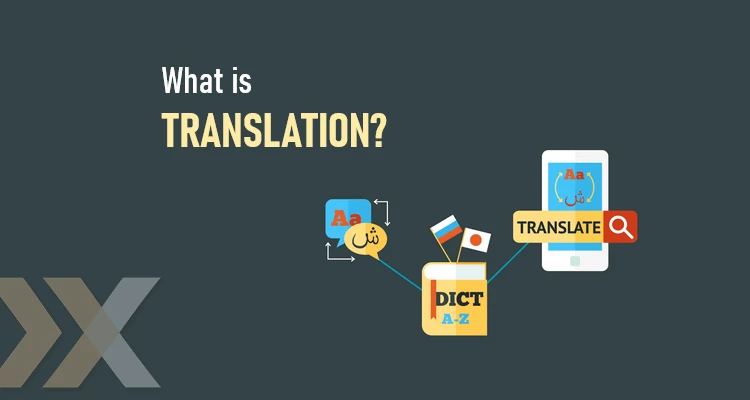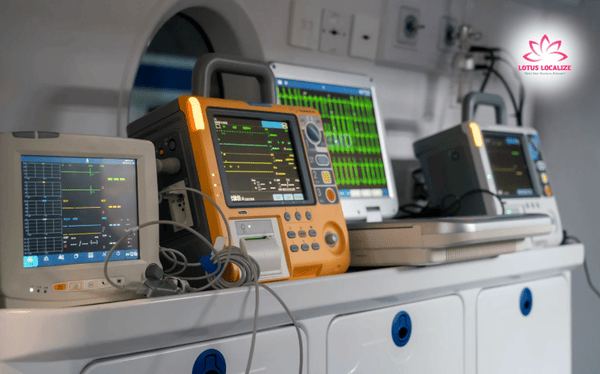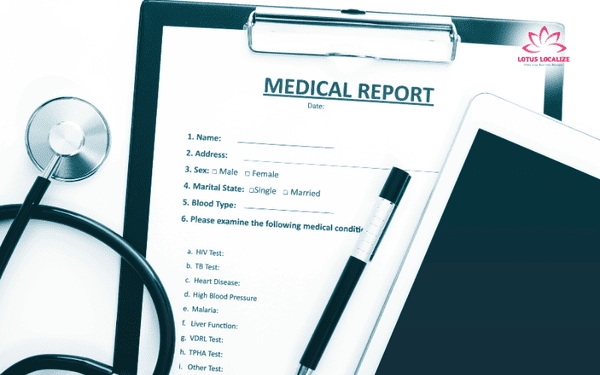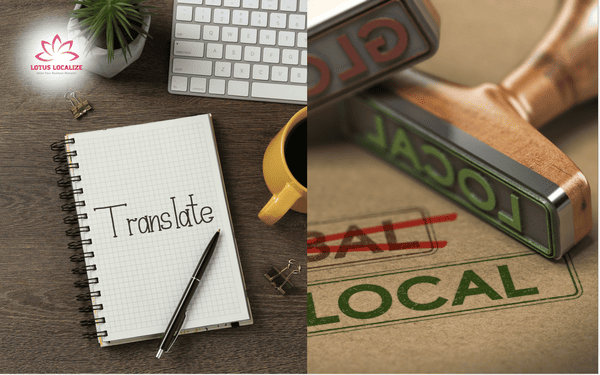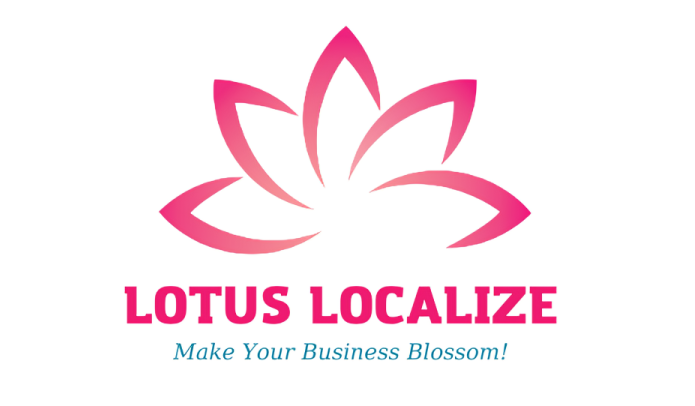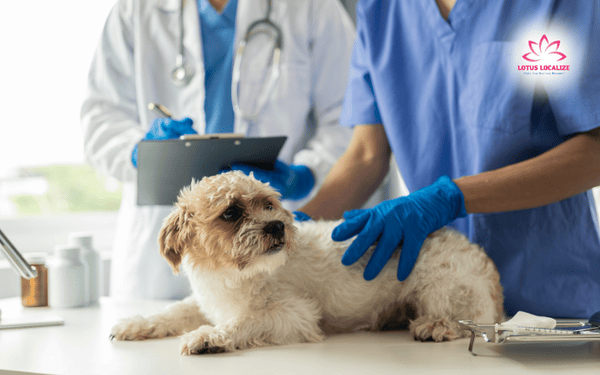
How accurate veterinary translation guarantees optimal care for your pets
In today’s globalized world, the importance of veterinary translation cannot be overstated. Whether you’re traveling abroad with your pet or seeking specialized treatments from international veterinary experts, accurate translation plays a crucial role in ensuring your pet receives the best possible care. Let’s explore how veterinary translation ensures effective communication in the healthcare of animals, improving treatment outcomes and providing peace of mind to pet owners.
The growing demand for veterinary translation services in a connected world
The need for veterinary translation has surged. With pets traveling globally and veterinary care becoming increasingly international, this niche field has become indispensable.
- International travel and pet relocation: As more people travel with pets or relocate abroad, they often need veterinary services in different countries. Veterinary translation ensures medical records, vaccination histories, and treatment plans are understood by professionals in various locations.
- Expansion of the global pet industry: The pet industry is booming worldwide, and so is the need for specialized veterinary services. Pet owners are seeking the best care available, which often means crossing borders. Proper veterinary translation ensures pets get timely and accurate medical care wherever they are.
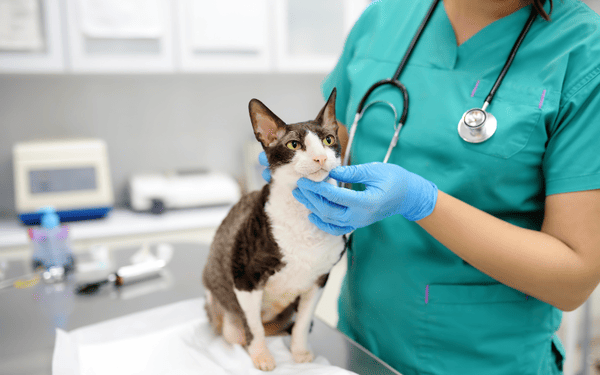
- Increasing expat populations: In countries with large expat populations, veterinary translation is critical. Non-native speakers often struggle to understand medical terminology, making accurate translations essential to their pets’ care.
- Globalized communication: Veterinary professionals now communicate internationally through research, conferences, and studies. Accurate translation ensures that groundbreaking research and new treatments can be accessed globally, benefiting pets everywhere.
The increasing global movement of pets and the growth of international veterinary services highlight the critical need for veterinary translation, ensuring pets receive consistent and quality care across borders.
Read more: Understanding medical localization: A comprehensive guide
What does veterinary translation involve?
Veterinary translation goes beyond general translation and focuses on specialized terminology in animal care, ensuring clarity and precision. It involves translating various documents, such as medical records, prescriptions, and instructional guides, that require both medical and linguistic expertise.
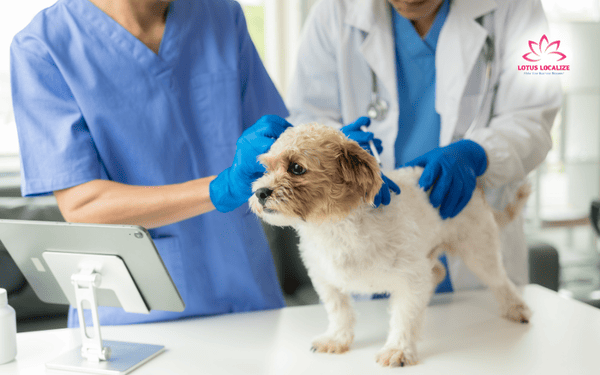
Veterinary translation experts ensure that both the language and medical terminology used in translating documents are accurate, eliminating the risk of misunderstanding that could affect treatment outcomes. This ensures that veterinary professionals, regardless of their location, can properly interpret diagnostic results and follow-up care instructions.
The accuracy of veterinary translation is critical for maintaining the continuity of care, as incorrect translations can lead to serious medical mistakes. Whether translating a pet’s health history, laboratory results, or surgical procedure instructions, veterinary translation ensures all medical information is correctly conveyed.
Veterinary translation specializes in translating documents related to animal healthcare, ensuring accuracy in medical terminology and effective communication for proper treatment.
Key areas where veterinary translation plays a vital role
Veterinary translation is crucial in various aspects of pet care, ensuring that communication between pet owners and veterinary professionals remains accurate and seamless across different languages and cultures. By facilitating effective exchange of information, veterinary translation helps maintain the quality of care pets receive, regardless of where they are located.
Medical history and records
One of the most critical areas where veterinary translation is indispensable is the translation of medical records and histories. When a pet relocates to a new clinic or country, accurate translation of their medical history ensures that their new veterinarian has a complete understanding of their health, including any pre-existing conditions, treatments, vaccinations, and previous diagnoses.
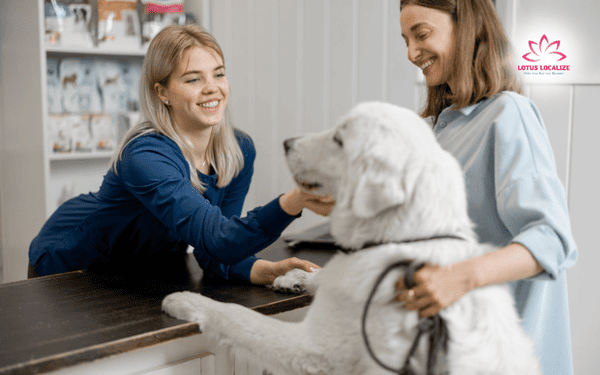
Misunderstanding these records due to language barriers can lead to incorrect diagnoses or missed treatments, potentially putting the pet’s health at risk.
In such cases, having properly translated documents ensures that the veterinarian has all the necessary information to make informed decisions about the pet’s care, avoiding unnecessary tests, and providing a continuous, effective treatment plan.
Emergency situations
In emergencies, time is of the essence. Veterinary translation becomes particularly crucial in urgent situations where there is no time to waste. Immediate translation of medical instructions, symptoms, or treatment plans ensures that the veterinarian or emergency medical team receives the right information promptly. Misinterpretations in such critical moments could lead to incorrect treatments, which could significantly impact the pet’s health and recovery.
Proper translation in emergency care helps prevent confusion, ensuring that all necessary medical procedures are carried out correctly and swiftly, which can be the difference between life and death for the animal.
Surgical procedures and recovery
When a pet undergoes surgery or any complex medical procedure, clear communication regarding post-operative care is vital.

Accurate translation of recovery instructions ensures that pet owners understand the proper aftercare steps to follow, including medication instructions, feeding recommendations, and signs to watch for any complications. Without accurate translation, pet owners may inadvertently fail to follow proper post-op procedures, risking complications such as infections, delayed healing, or improper recovery.
Translating these instructions helps ensure that the recovery process is smooth, minimizing risks and promoting faster healing. It is particularly important when the post-surgical instructions involve specific medications or follow-up care instructions that must be strictly followed.
Read more: How biomedicine translation drives healthcare innovation worldwide
Research and clinical trials
Veterinary translation also plays a critical role in the global exchange of research and clinical trials. As new treatments, techniques, and medications emerge, translating veterinary studies and clinical trials is necessary to ensure that advancements in animal care reach veterinarians around the world.
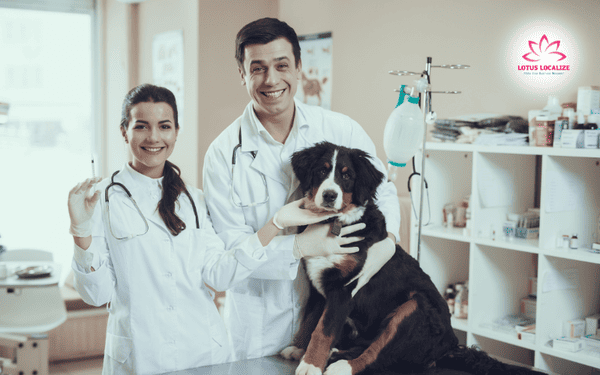
Translating research findings from one language to another allows veterinarians in different countries to stay updated on the latest veterinary innovations, which ultimately benefits pets everywhere.
Clinical trials and research papers often contain highly technical and specialized veterinary terminology, so the expertise of veterinary translators ensures that these documents are accurately translated, preserving the integrity of the findings and helping veterinary professionals stay informed about the latest trends and treatments in the field.
Veterinary translation plays a vital role in numerous aspects of veterinary care, from ensuring accurate medical histories are communicated, to aiding in emergencies, and facilitating surgical recovery processes. It is also essential in keeping veterinary professionals updated with the latest research, clinical trials, and innovations in the field. Accurate, timely, and effective translation ensures that pets receive the best possible care at all stages of their treatment and throughout their lives, regardless of where they are or what language is spoken. This is why veterinary translation is not just a service, but an essential component of modern pet healthcare.
What makes a professional in veterinary translation?
Being a veterinary translation expert requires more than just language skills. It requires knowledge of veterinary science, technical terminology, and cultural sensitivity to ensure accurate and effective communication.
- Linguistic proficiency: A professional veterinary translator must be fluent in at least two languages and understand the nuances and intricacies of those languages. In addition to general language skills, they must possess proficiency in medical terminology used in veterinary practice.
- Veterinary knowledge: It is essential that veterinary translators have a strong understanding of veterinary procedures, medical terminology, and treatments. This specialized knowledge helps ensure the accuracy of translations and reduces the risk of errors that could affect a pet’s health.
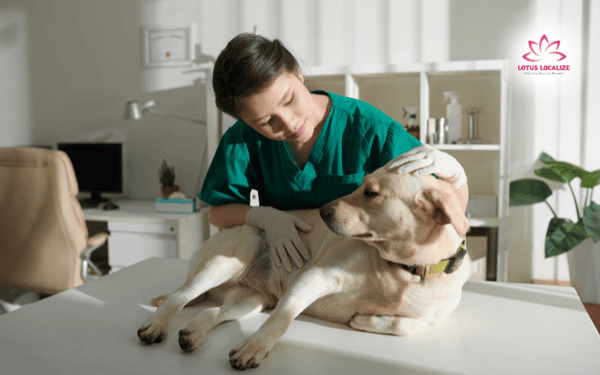
- Cultural awareness: A skilled veterinary translator also needs to be culturally aware, as veterinary practices can vary from country to country. This awareness helps adapt the translation to local customs or practices, ensuring that medical information is accurately conveyed.
- Continual professional development: Given the constant advancements in veterinary medicine, professional translators must keep up-to-date with new medical procedures, drugs, and terminology to provide the best possible service.
A veterinary translation expert combines linguistic proficiency with in-depth knowledge of animal care to provide accurate and reliable translations for better treatment outcomes.
As veterinary care becomes increasingly global, the role of veterinary translation has never been more important. By ensuring that medical records, prescriptions, and treatment plans are accurately translated, veterinary translation helps pets receive the best possible care, no matter where they are in the world. With the growing demand for international veterinary services, the need for skilled veterinary translators will continue to rise, making them a critical part of the global veterinary ecosystem.
Need professional veterinary translation?
At Lotus Localize, we specialize in providing accurate and reliable translation services to ensure your pet gets the care they deserve, no matter where they are in the world. Our expert translators understand the nuances of veterinary terminology and ensure your pet’s health information is conveyed clearly and effectively.
Lotus Localize offers professional translation services for various specialized industries: life science translation, technology translation, manufacturing translation, e-learning translation, legal translation, marketing translation… ensuring your message resonates—whether in writing or speech. Let us help you bridge linguistic gaps and connect with audiences worldwide.
Contact us today at our hotline or Whatsapp: + 84 866 224 968 or visit the websites: dichthuathoasen.com/en/. Let Lotus Localize accompany you in bringing products, people, and culture to the global stage, and together, we’ll create miracles!
Contact us today for all your translation needs!
QUALITY PROMISE
At Lotus Localize, we are dedicated to delivering high-quality services and ensuring the utmost satisfaction in every client project. Our team of translators and staff consistently exert effort and adhere rigorously to quality management procedures. This commitment guarantees that each project progresses seamlessly, meets deadlines, and exceeds our clients' expectations.

